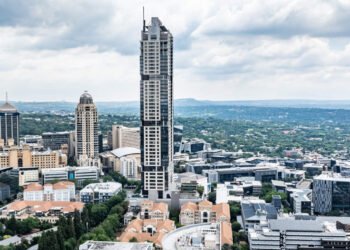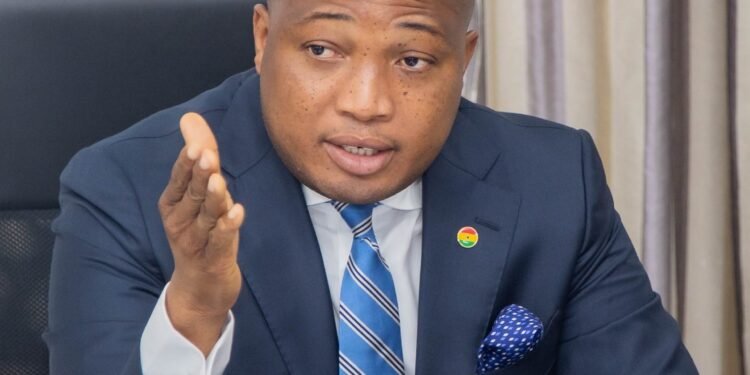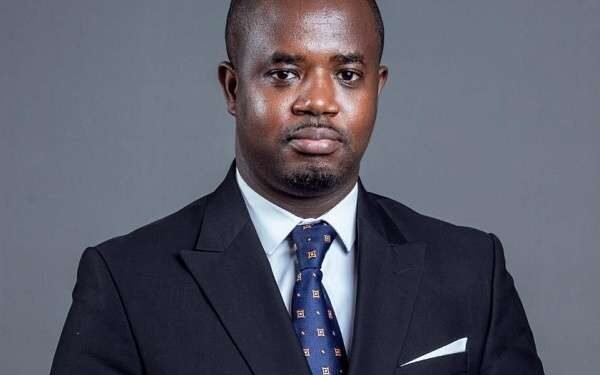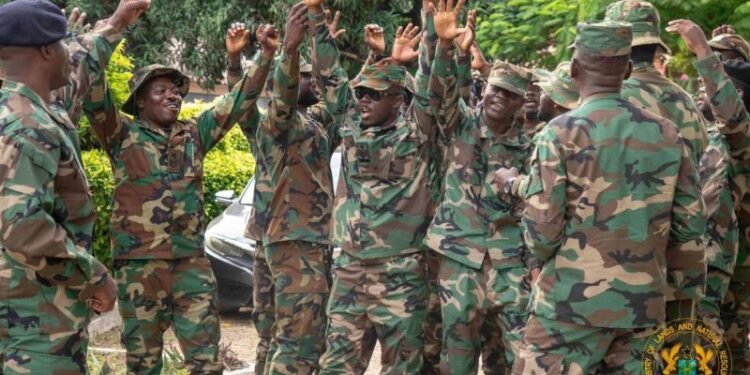In a swift and dramatic one-day trial, twenty-five soldiers were sentenced to death for “fleeing the enemy” while battling the March 23 (M23) rebels in the Democratic Republic of Congo (DRC), according to their lawyers.
A total of 31 defendants, including 27 soldiers and four of their civilian wives, appeared before the Butembo garrison military court in North Kivu province, near the frontline.
They faced several charges, such as “fleeing the enemy,” dissipating munitions of war, violating orders, and theft, according to defense attorney Jules Muvweko.
At the end of the hearing, Muvweko stated that “25 soldiers, including two captains, were sentenced to death,” adding that the defense intended to appeal.
The other accused, including the four women, were acquitted due to a lack of evidence.
Since last week, the M23 (March 23 Movement) has seized several towns on the northern front of the conflict, including the strategic town of Kanyabayonga, which serves as a gateway to the major commercial centers of Butembo and Beni.
Over the past several years, the M23 has captured vast swathes of territory, nearly encircling Goma, the provincial capital of North Kivu, resulting in numerous deaths and the displacement of hundreds of thousands.
According to the UN Office for the Coordination of Humanitarian Affairs, there are currently 2.8 million displaced people in North Kivu.
Tension Between Congo And Rwanda
Kinshasa has accused Rwanda of backing the Tutsi-led M23 rebel group, an allegation that Kigali denies.
In a recent interview, Rwandan President Paul Kagame asserted that his country is “ready” to go to war with the DRC. “We are ready to fight,” he declared. “We are not afraid of anything.”
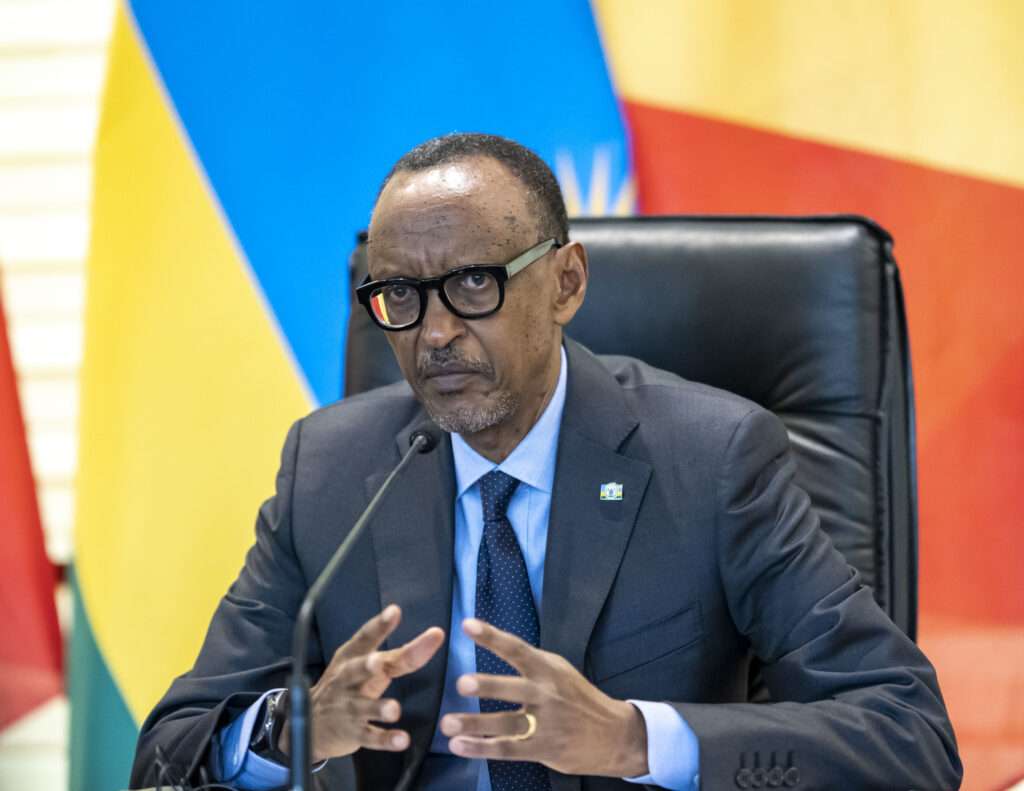
In response to accusations by Congolese President Felix Tshisekedi that Rwanda is orchestrating “a genocide” in eastern DRC, Kagame accused Tshisekedi of promoting a “genocide ideology” against Congolese Tutsis.
“What actually is taking place in eastern Congo should be understood even by the person who leads that country. He does seem to have a selective memory of what to call what is happening there.”
Paul Kagame
However, Kagame refrained from confirming the presence of Rwandan soldiers on Congolese soil, despite increasing accusations from Western countries.
He urged a focus on the root causes of the conflict, particularly the presence of M23 rebels in eastern DRC.
For 30 years, the mineral-rich eastern DRC has been plagued by fighting involving both local and foreign armed groups, dating back to the regional wars of the 1990s.
In March 2024, the Congolese government lifted a moratorium on the death penalty that had been in place since 2003.
This measure specifically targeted soldiers accused of treason amidst ongoing armed rebellion in the east.
In early May, eight Congolese soldiers, including five officers, were sentenced to death in Goma for “cowardice” and “fleeing the enemy.”
On June 27, the UN Security Council voted to renew the Democratic Republic of the Congo (DRC) sanctions regime until 2025, following negotiations led by France and Sierra Leone.
The resolution includes preambular and operative language on due process, addressing concerns raised by Switzerland, Ecuador, Malta, and Slovenia.
However, the US opposed the inclusion of operative language on due process, and Russia insisted on language condemning unilateral coercive measures.
The Group of Experts’ final report, submitted in April 2024, highlighted the escalating security situation in eastern DRC, including military interventions by the Rwanda Defence Force and the use of armed militias by the Congolese government.
The report also detailed the illegal exploitation of natural resources and child recruitment on an unprecedented scale.
The Group of Experts called for investigations into violations of international law and illegal mining activities, but Council members have not reached a consensus on these recommendations.
As such, the recent trial and subsequent sentences underscore the severe measures being employed to maintain military discipline and combat effectiveness amidst the protracted conflict.
READ ALSO: Institutional Heads and CEOs to Face Surcharge on Non-Compliant






